Trust fund makes significant gains in expanding access to water and sanitation
- By Zimpapers Syndication |
- 07 Jan, 2026 |
- 0
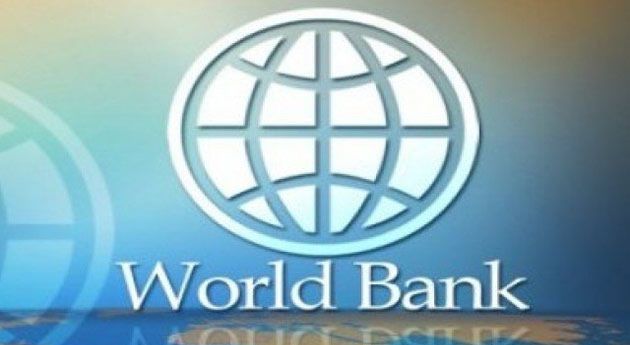
Sifelani Tsiko ---
The US$39 Zimbabwe Reconstruction Fund (ZIMREF), multi-donor trust fund managed by the World Bank is stepping up efforts to roll out the financing for projects in public procurement, water and sanitation, public financial management (PFM) and maternal and child health, a top official for the bank says.
The World Bank’s country manager Ms Camille Nuamah told the Southern Times recently that up to six projects that were approved by the government and the donors were progressing smoothly.
“Programmes that were approved by the government and donors, of up to six, are up and running,” she said.
“It was a bit slow when we started, but now there is progress on so many fronts. By the end of March three more programmes will be running.”
ZIMREF is a country - specific multi-donor trust fund that was approved by the board of executive directors of the World Bank in May 2014 and is expected to run until December 2019.
The goal of ZIMREF is to contribute to the strengthening of Zimbabwe’s systems for reconstruction and development with a focus on stabilization and reform, development and poverty alleviation.
ZIMREF is the key instrument for implementing the World Bank Third Interim Strategy Note for Zimbabwe and for supporting the implementation of the Zimbabwe Agenda for Sustainable Socio-economic Transformation (ZimAsset).
The fund received contributions of US$39 million from Denmark, the European Union, Norway, the State and Peace Building Fund, Sweden, Switzerland and the United Kingdom.
Since 2009, the World Bank has provided more than US$4 million in technical assistance to Zimbabwe for the National Water Policy, Dam Safety Study, Water Sector Investment Analysis, Greater Harare Water and Sanitation Strategy, water quality monitoring and water and sanitation services.
“The World Bank is supporting the establishment of the Teachers’ Professional Council, the commercialisation of Zinwa, the National Water Resources Master Plan among a number of programmes funded through ZIMREF,” Ms Nuamah said.
“We work closely with the government. We sit together – the government, the EU and us to discuss the financing of programmes.”
Priority areas and projects under ZIMREF include: modernizing public procurement, Improving water and sanitation services in seven small towns, Strengthening transparency and accountability in Zimbabwe’s public financial management and expanding innovations in maternal and child health care financing.
The World Bank says the Public Procurement Modernization Project will receive a $1,3 million grant and a $0.6 million technical assistance program from ZIMREF to support the reform of the public procurement system and prepare for the introduction of e-Procurement in government.
The project is supporting the alignment of the Public Procurement Law with the 2013 Constitution which will help to de-concentrate procurement to line ministries, department and agencies and build capacity in those entities.
A second phase of $2 million is programmed to support the roll-out of an e-Procurement pilot in key ministries and agencies.
The reform of public procurement is expected to increase the efficiency in public serve delivery and reduce the misuse of public resources while the introduction of e-procurement will shore up government’s efforts to modernize service delivery by introducing new technologies.
The Zimbabwe National Water Project received a $10 million grant from ZIMREF and a complementary technical assistance grant from the Water and Sanitation Program.
This grant, the first phase of a planned $20 million project, will improve access and efficiency in water services in selected growth centers.
Also in progress, is the project which is being implemented by the Ministry of Water, Environment and Climate Change and the Zimbabwe National Water Authority, to rehabilitate the water systems in Lupane, Madziwa, Zimunya, Gutu, Nembudziya, Guruve and Mataga.
“The World Bank has offered US$600 000 to support the establishment of the Teachers’ Professional Council,” says Ms Nuamah.
“There are so many opportunities for funding from the World Bank but Zimbabwe first needs to re-engage with the bank. Re-engagement will open more windows of funding for the country.”
A National Water Project grant will also support the preparation of National Water Resources Master Plan for Zimbabwe, the commercialization of Zimbabwe National Water Authority (ZINWA) and the establishment of a Water Supply and Sanitation regulator.
The bank and government technocrats estimate that more than 52 000 Zimbabweans will benefit from the rehabilitation and expansion of the water systems in seven small towns.
A $10 million grant is helping to finance the first phase of the new Public Financial Management Enhancement Project.
The project aims to improve financial reporting, internal controls, fiscal transparency and accountability in government finances building on earlier work that helped to resuscitate Zimbabwe’s Financial Management Information System (IFMIS) and accounting functions.
Plans are underway to extend the IFMIS to some district offices, strengthen the regulatory framework for internal controls and strengthen demand side accountability in Parliament and civil society.
Government technocrats say this project will help to improve transparency and accountability for public fund.
They say it will make it easier to provide oversight for financial management at all levels of government and ensure fiscal discipline.
An additional financing grant of $10 million from the Health Results Innovation Trust Fund (HRITF) is complementing Zimbabwe’s ongoing Health Sector Development Project that supports the introduction of Results-Based Financing (RBF) in rural and low-income clinics.
The World Bank Zimbabwe offices says the project is increasing the coverage of key maternal and child health interventions in 18 targeted rural districts serving over 4,5 million people and expanding community involvement in health care management at the local level.
This additional financing will bring HRITF’s contribution to $35 million, and the Government of Zimbabwe’s financing to $10 million.
The new resources, bank officials say, will help to expand the coverage of the RBF to new health care services, deepen the focus on quality of care, and extend the project through February 2017.
Zimbabwe and the World Bank were still discussing the country’s arrears clearance.
“We are in discussions on the arrears clearance and we are making reasonably good progress, so we hope that this also factors into the future of the World Bank here in Zimbabwe,” Ms Nuamah said.
Over the last few years, World Bank teams have visited Zimbabwe to intensify contact and attempt to normalise relations.
Zimbabwe’s relations with the World Bank and fellow Bretton Woods institution, the International Monetary Fund (IMF) have improved considerably over the past six years.
The country stopped servicing its loans in the late 1990s as its economic woes mounted. Since then it has been unable to access fresh loans from global lenders after Britain and its western allies imposed sanctions on Zimbabwe for re-distributing land to the landless majority.
However, last year, the country agreed to a debt plan which will see $1,8 billion in arrears owed to the World Bank, IMF and African Development Bank (AfDB) cleared by mid-2016.
Zimbabwe owes more than $9 billion to the International Monetary Fund, World Bank, African Development Bank and the Paris Club, a group of Western creditors.
The World Bank’s assistance to Zimbabwe totaled $1,6 billion between 1980 and 2000.
Since 2000, when direct lending was suspended on account of payment of arrears, the World Bank has maintained support for Zimbabwe through a variety of non-lending instruments and trust funds.
This support has been governed by three successive Interim Strategy Notes (ISNs) presented to the board in in August 2005, April 2007, and April 2013.
No Comments


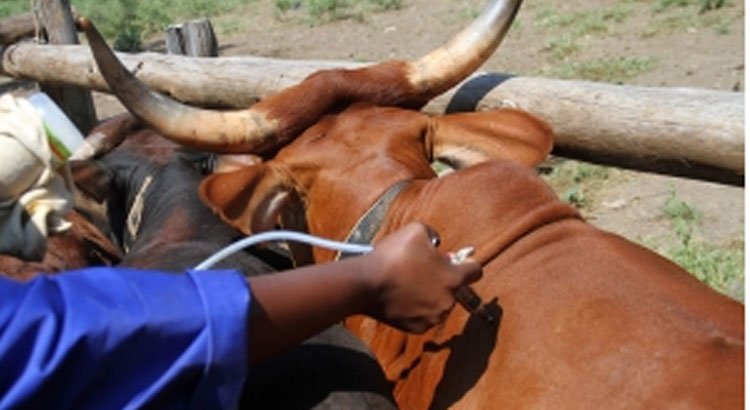
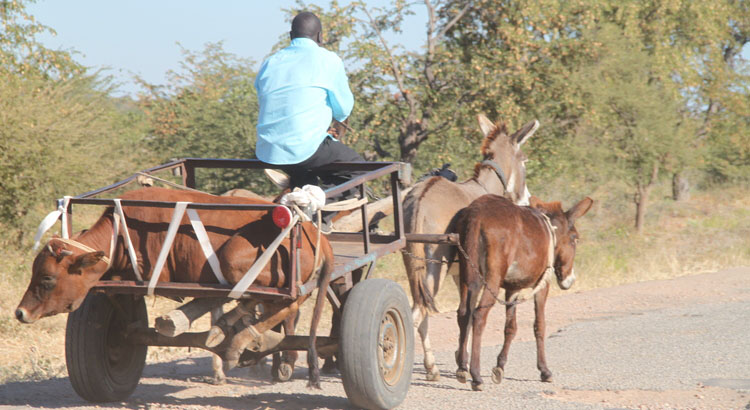





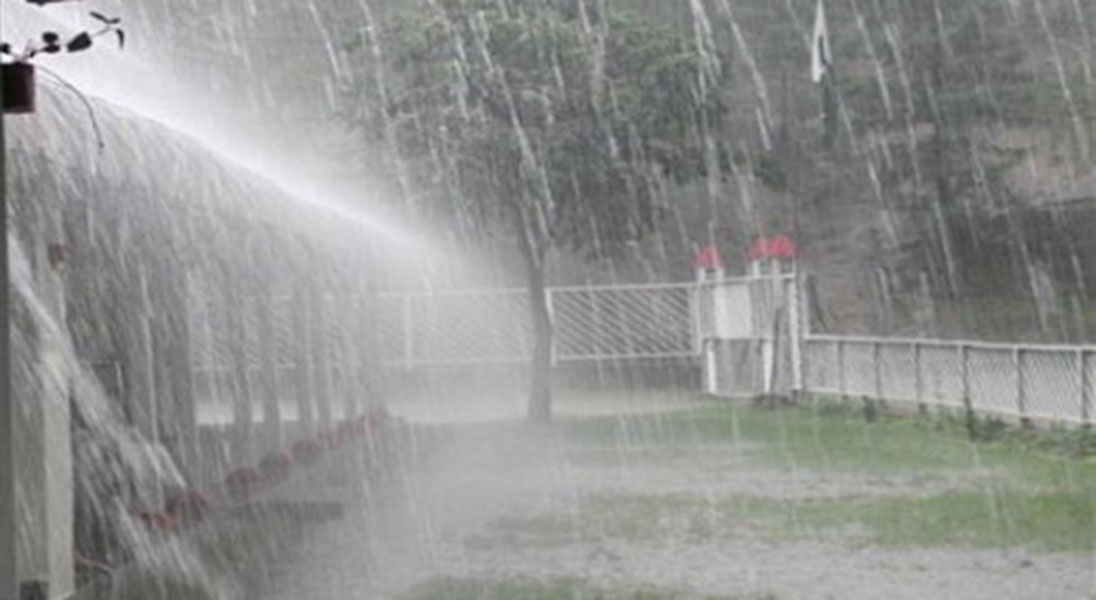
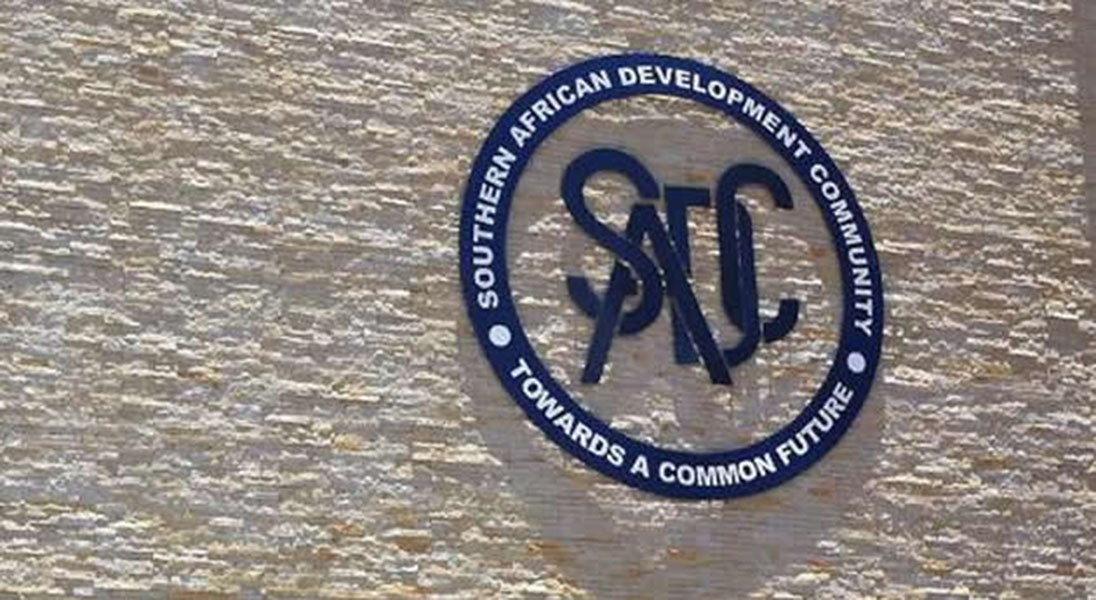
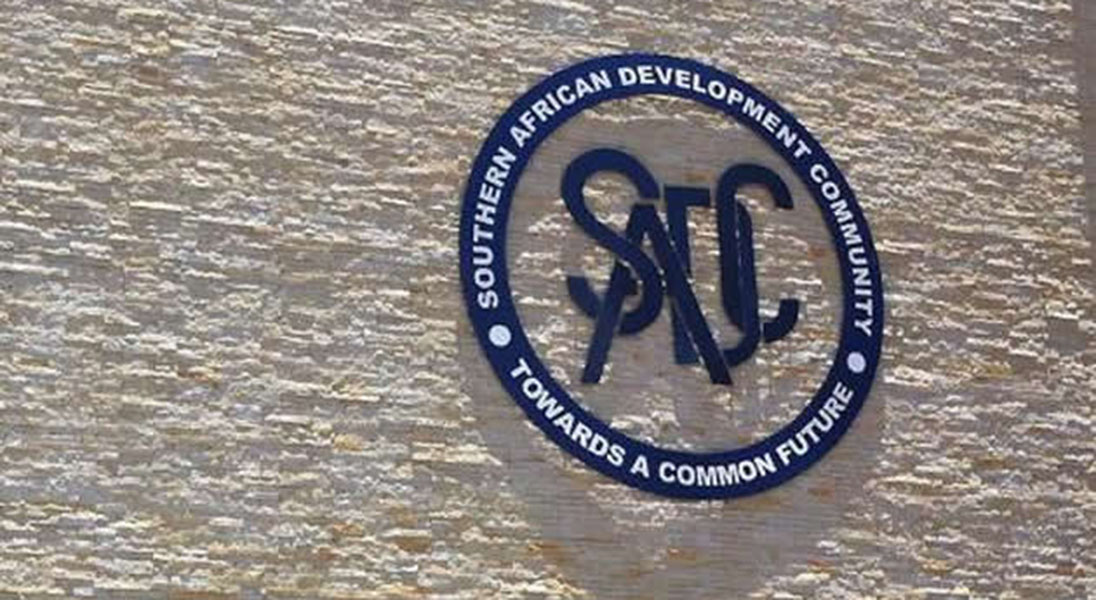
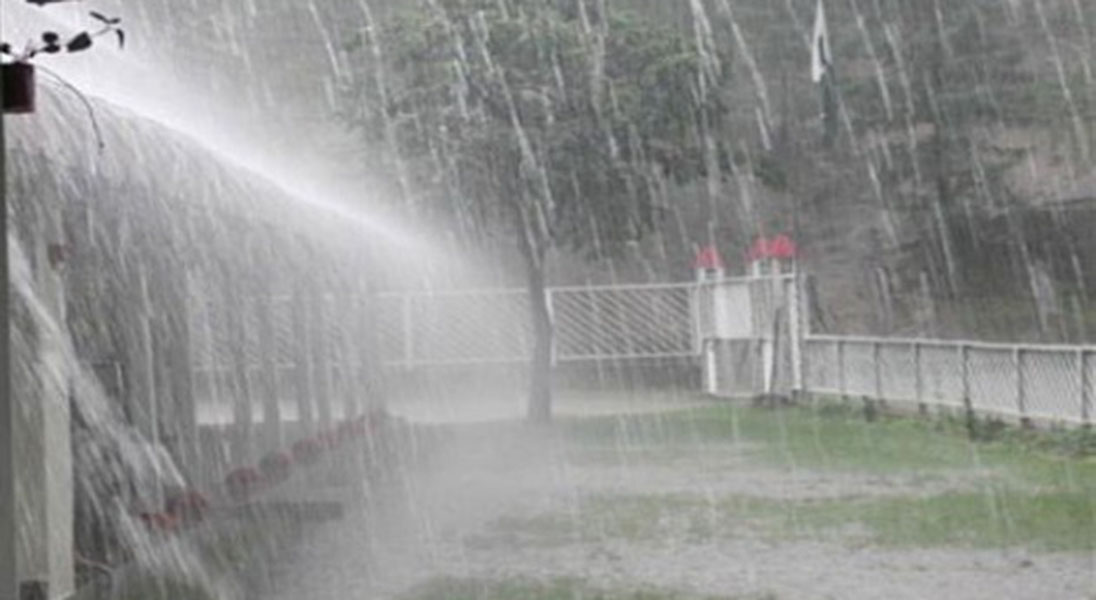
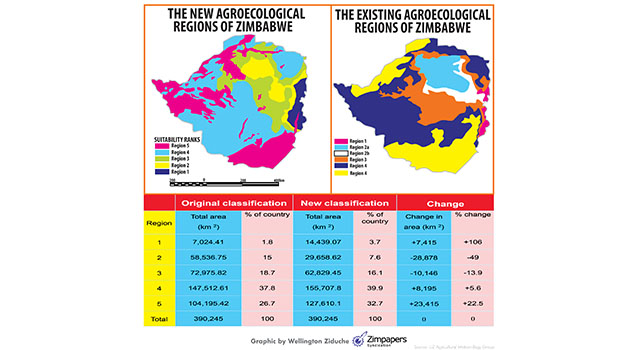
Comment